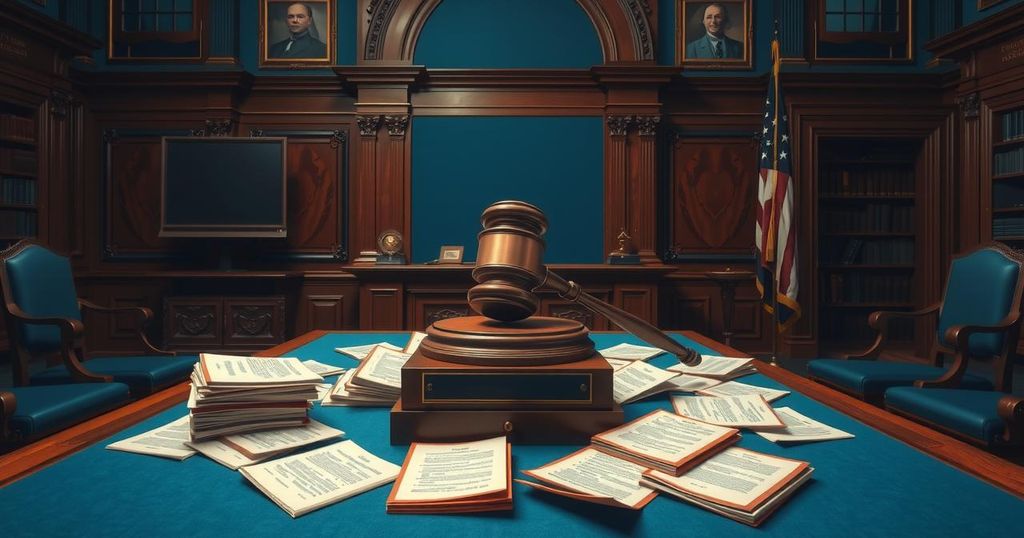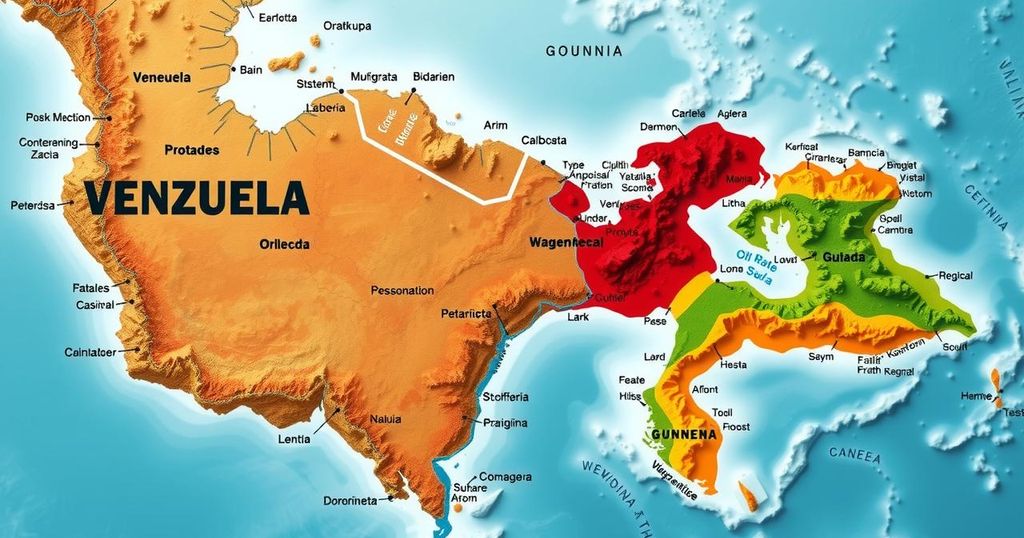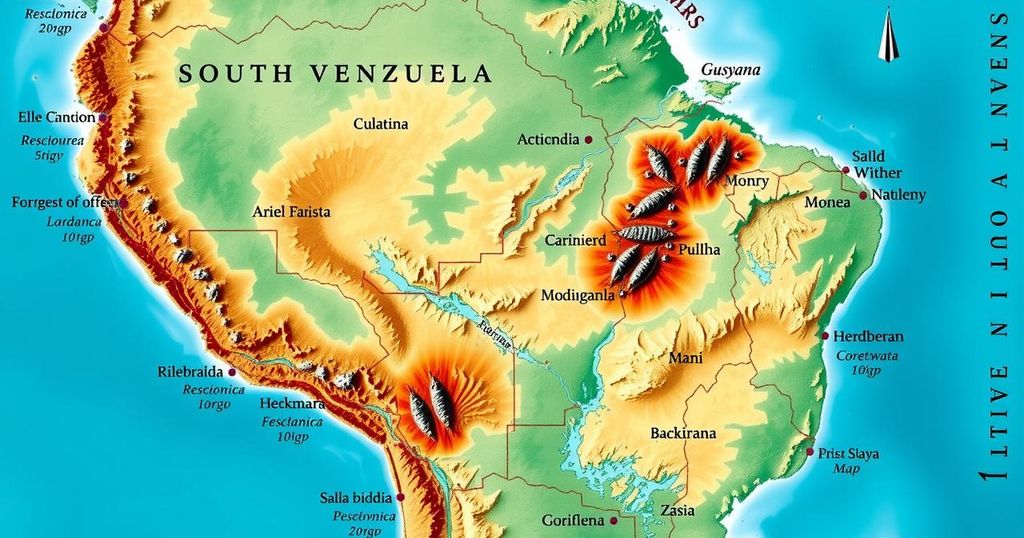President Bukele Defends Anti-Gang Campaign Success at the UN
El Salvador’s President Nayib Bukele praised the success of his anti-gang campaign during a UN address, asserting it has restored safety. He reported 82,000 gang members arrested and emphasized the country’s transformation from a violent nation to a safer one. However, human rights groups criticize the methods, citing wrongful detentions and poor prison conditions. Bukele maintained that political freedoms and expression are protected under his leadership.
During a recent address to the United Nations General Assembly, El Salvador’s President Nayib Bukele highlighted the outcomes of his government’s anti-gang initiatives, asserting that these efforts have successfully restored safety to the nation’s streets. “In the last five years, El Salvador was reborn, we returned the streets of our country to our people,” President Bukele proclaimed. In March 2022, Bukele commenced a nationwide “war” against gangs, implementing a state of emergency permitting arrests without judicial approval. Since the onset of this campaign, authorities have detained approximately 82,000 individuals suspected of gang affiliations. Bukele emphasized, “Some say that we have imprisoned thousands, but the reality is that we have freed millions. Now it is the good people who live freely, without fear, with their freedoms and human rights fully respected.” The president boasted that under his leadership, El Salvador transformed from being branded the murder capital of the world to one of the safest nations in the Western Hemisphere. He asserted, “It was the greatest challenge our nation has ever overcome.” However, this aggressive approach has drawn criticism from human rights organizations, which contend that many innocent citizens have been unjustly incarcerated and have raised concerns regarding inhumane prison conditions. Bukele remarked on El Salvador’s previously infamous identity as “the country of the gangs (maras)” and proclaimed that his administration’s endeavors have revitalized the nation. He stated, “We returned the streets of our country to our people and established a flourishing tourism industry, hosting international events for surfing, sports, and entertainment. We gave thousands of Salvadorans who fled from war and poverty a country to return to.” Furthermore, President Bukele asserted the preservation of political and expressive freedoms in El Salvador, affirming, “In El Salvador, we do not imprison our opposition, we do not censor opinions, we do not confiscate the assets of those who think differently, we do not arrest people for expressing their ideas.” He concluded with a promise: “In El Salvador, your freedom of expression, as well as your private property, will always be protected.”
El Salvador has historically faced challenges with gang violence, leading to its reputation as one of the most dangerous countries in the world. The government, under President Nayib Bukele, initiated a controversial yet aggressive approach to tackling gang-related crime. This approach included a state of emergency that enabled mass arrests, prompting debates around human rights and civil liberties. Critics argue that the methods utilized in the gang crackdown infringe upon basic freedoms and have resulted in the wrongful detention of innocent individuals. Bukele’s administration claims that these efforts have led to significant improvements in safety and tourism, rebranding the nation in the process. This ongoing situation reflects a complex interplay between security, governance, and human rights within El Salvador.
In summary, President Nayib Bukele’s address at the UN accentuates his administration’s stance on the significant progress made in combatting gang violence and restoring peace to El Salvador. While he claims the anti-gang initiatives have liberated citizens from fear, human rights advocates raise alarms regarding the potential injustices stemming from these measures. The discourse surrounding Bukele’s policies underscores the vital balance between security and the preservation of fundamental rights in the nation moving forward. The challenge remains for the government to ensure that the rights of all citizens are upheld while continuing to address the pervasive issue of gang violence.
Original Source: ticotimes.net




Post Comment